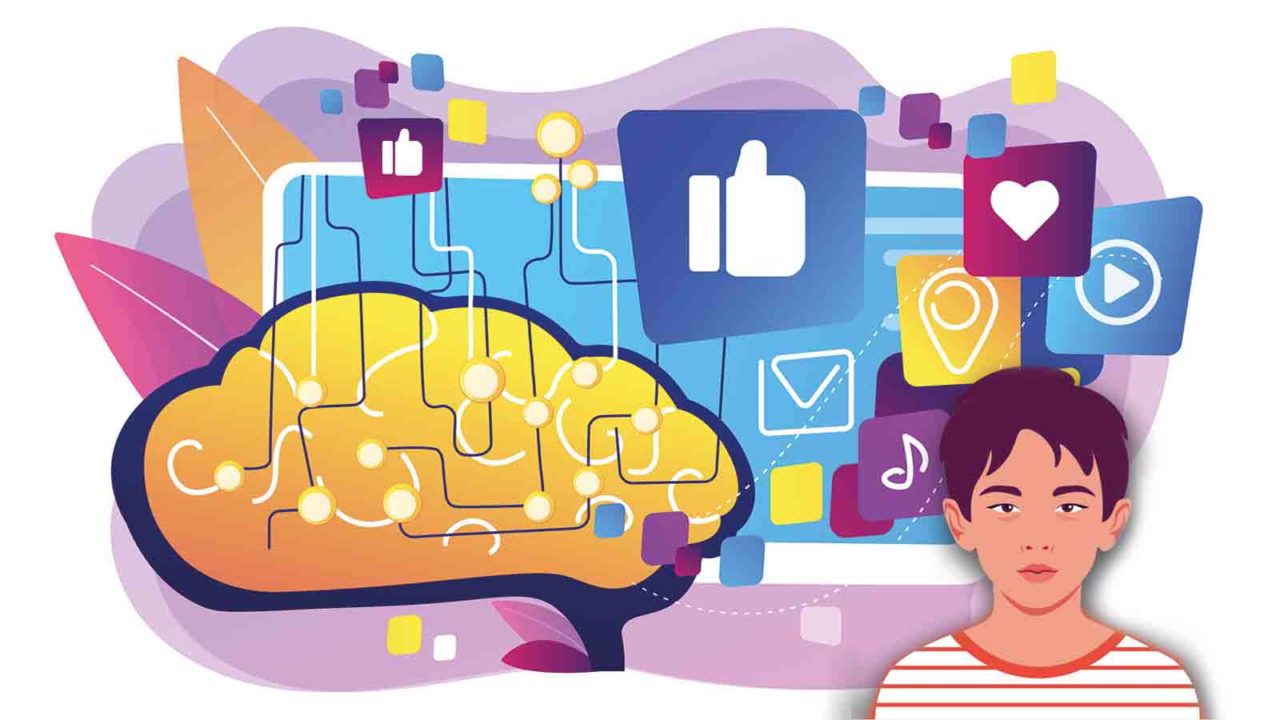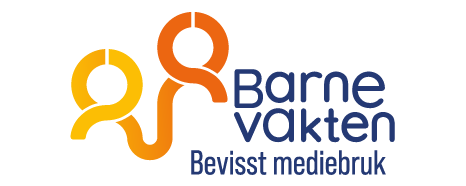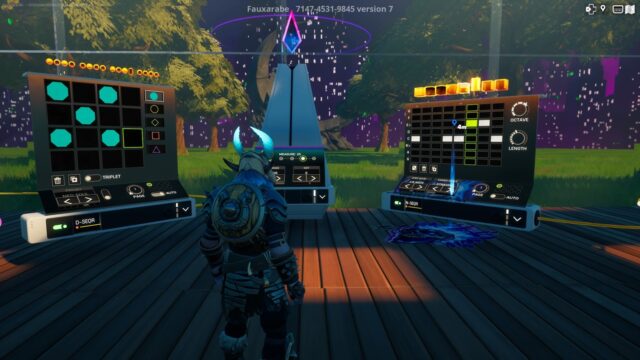
Give your children self-defence lesson against the algorithms
Digital actors collect information about all of us and use those to control what each individual gets to see online like videos, friend suggestions, and search results in apps and browsers. Tell the children that they are leaving traces that in turn affect what they are served.
Choose language in the Google-box below. Some translations may be flawed or inaccurate.
- Algorithms are computer programs. They can be used to decide what to see online.
- Children are affected by algorithms both positively and negatively.
- It is possible to influence the algorithms to some extent.
How the algorithms work
The algorithms work in a way that the app catches up with the child’s interest in horses, for example, and later shows several features about horses. This means that even if you have downloaded the same app for your child, your screen shows different features than what your child sees. The difference becomes bigger and bigger with each week you use the app in your own way. Therefore, you should talk to the child about what is going on on the child’s screen.
The algorithms understand that the feature is about horses because the tag ‘horses’ is inserted by the person who posted the video. But the person who posted the video may also have included the tag ‘bikini’ or ‘apples’ because it appears in the background. Therefore, the app begins to show the child the features also about bikinis and apples. In this way, the algorithms continue to lead the child further and further away from the horse interest it started with. The algorithms can, through some steps, lead the child also to content that you don’t want your child to see at all.
In other words, the algorithms can give the child more of the same, but also more of much else.
The algorithms retrieve information about the child from many sources, not just tags. Google usually knows where your child lives and therefore shows matches from the local community even if the search is quite open. Try it for yourself by searching ‘restaurant’ in Google. Check if you’re signed in to a Google account or not when you search.
Google, Facebook, and other major players collect huge amounts of personal data about all of us. This information is entered into the algorithms, which are computer programs that determine what we get to see. If you want to be less influenced by global companies, you should reduce the number of services from them.
Sometimes the algorithms are useful, other times they can lead the child into a negative spiral. Once you click on a violent video, the app is constantly suggesting new violent videos. The same may apply to extreme political sources with which you may not want your child to be flooded with. On the other hand, if your child watches a dance video, the app will show more and more dance videos.
Examples of what the algorithms capture
- How long your child watches a video, photo, feature, ad, and so on
- How many times your child watches the content
- How much similar content your child watches
- The child’s comments
- That the child puts in a heart or similar
- The child’s own tags on self-produced content
- The child’s content sharing
- Where the child is geographically located
The most advanced algorithms manage to understand that an image shows a cat or boat without any tags (hashtags) being entered. Technically, there is also nothing in the way of an app being able to interpret the soundscape and find out if you are in a restaurant or out in traffic.
You can even use your computer as a dictaphone that turns your spoken words into text. The same is technically possible in apps that can capture the words used in the conversation. The app can use those in its algorithms.
Some apps also ask users a series of questions: “Who are your closest friends?”, “How interested are you in seeing more from this page?” The answers affect the algorithms so that they are even more personalized to the individual.
Commercial forces want to influence the algorithms
Inside a social medium, there are many actors who want to get a lot of viewers and followers. To achieve this, the actors try to create conversations in the app, because then the feature spreads to many more people. It can be something as simple as a restaurant telling about a new dish and asking people to comment or participate in a draw.
Tell the children that they can be commercially influenced to leave traces and that these traces help the commercial enterprise and affect the algorithms that apply to them. This applies not only to companies but also to associations and organizations engaged in heart-touching works.
Algorithms also affect your child’s search
When the child searches in Google, the search results are customized to the child using algorithms. It sounds nice, but it may also mean that the child is not served what is best for it, only what is best for the commercial actors.
Google writes that the company knows what you searched for last time: “For example, if you search for ‘Barcelona’ and you recently searched for ‘Barcelona vs. Arsenal,’ this can be an important indication that you want information about the football club – not the city.”
Google also writes that the company knows where you are geographically located and that it affects which search results the company shows you:
“We use your country and location to deliver content relevant to your region. For example, if you’re in Chicago searching for ‘football,” Google will show you the results for American football and the Chicago Bears first. But if you search for ‘football’ in London, Google ranks the results on football and the Premier League higher.»
Some tips
- Ask the child to be aware of what it shares and comments because it affects not only what the child will be served in the future, but also what other children will be served.
- Ask your child to be aware of whether or not to log in to Facebook, Google, and so on. These companies also offer lazy logins with other players. If you are already logged in to Google or Facebook, you can easily log in to many websites and apps without having to create your own passwords. But at the same time, you then give away additional personal information to Google and Facebook, which then get access to what you do in the logged-in place.
- Ask your child to be aware of what personal information the app requires.
- Keep in mind that the algorithms are also found at school. Ask the school what attitude it has to algorithms and what measures it has put in place. Algorithms in school aren’t just about kids using the same programs at school as in private, such as kids searching google. But it’s also about the school using teaching apps that have algorithms.
This way the child himself can reduce the risk of frightening elements
- Don’t click on tags (hashtags) like war, disasters, and so on.
- Don’t click on movies that you know can be disgusting.
- Instead, click on tags like dance, football, vacation, and so on.
- Use real age in registration.
- Switch apps if there are too many scary features.
- Don’t share scary elements.
- Don’t comment or post emojis after scary features.
- Check ‘no more of such features’ if that possibility exists.
- Delete or block users who share horrible movies.
- Be careful who you follow.
- Notify the police online patrols if you come across serious and illegal films that show criminal acts.
Read more English articles here.
(Written on 9 November 2020 and translated by Ratan)
Utviklet som en del av Erasmus+ prosjektet «TeachingTools».






